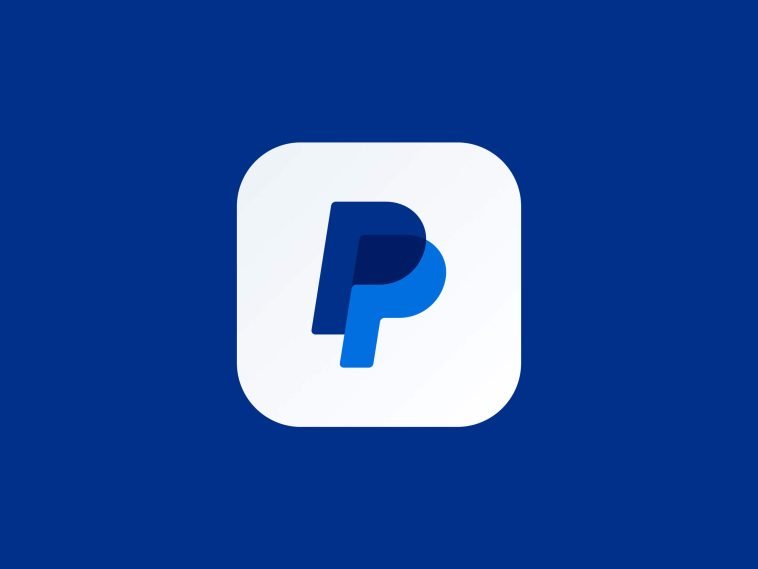Five ways to prevent your Facebook account from hackers
Facebook users continually grapple with the persistent threat of hacking, where malicious actors gain unauthorized access to their accounts. These hackers pose serious risks, utilizing compromised accounts for blackmail, fraudulent activities, destroying of reputation and other criminal pursuits. In response to this menace, Facebook has introduced vital security measures to protect users from such breaches. Here are three fundamental steps you can take to fortify your Facebook account and thwart hacking attempts.
1. Activate Two-Factor Authentication
Enabling two-factor authentication significantly bolsters the security of
your account. This feature mandates the input of a unique numerical code, apart
from your password, whenever you log in from an unfamiliar device. Even if
hackers obtain your login credentials, they remain locked out without the
additional code.
To enable this safeguard, navigate to Settings & Privacy → Settings →
Meta Accounts Center → Password and Security → Two-Factor Authentication.
Choose the desired account and input your password. You will encounter three
options, each progressively enhancing security.
2. Ensure Up-to-Date Email Information
Maintaining accurate email information on Facebook is crucial. A current
email address ensures that you can reset your password in emergencies. Confirm
that your account reflects your current email and not outdated ones like Yahoo
or obsolete college addresses that you no longer access.
To update your email, access Settings & Privacy → Settings → Meta
Account Center → Personal Details → Contact Info. If only an outdated email is
present, click "Add New Contact" → "Add Email." Enter the
new email and specify its usage for Meta accounts. You can then opt to retain
or delete the old email.
3. Strengthen Passwords, Secure Storage
Even with two-factor authentication in place, robust passwords are non-negotiable. Craft a unique Facebook password, refrain from recycling it for other services. Bolster its strength by adhering to established password guidelines or generating one via a password management app like 1Password. Avoid predictability by excluding personal information or common words.
4. Safeguard Login Credentials
Protect your login details vehemently. Scammers might design counterfeit websites resembling Facebook to trick users into divulging their credentials. Prior to entering your login data, verify the website's URL authenticity. In moments of doubt, directly access www.facebook.com via your browser. Refrain from sharing Meta-related emails with others to prevent potential exposure of sensitive account information.
5. Exercise
Caution with Friend Requests
Be wary of friend requests from unknown individuals. Scammers often
fabricate fake accounts to establish connections. Accepting such requests could
expose you to spam, unwarranted tagging in posts, and malicious messages.
Prioritize connections with individuals you can confidently identify.
By embracing these proactive measures, you fortify your Facebook account's defences against hacking threats. Safeguarding your digital presence is pivotal in today's interconnected world.





Post a Comment